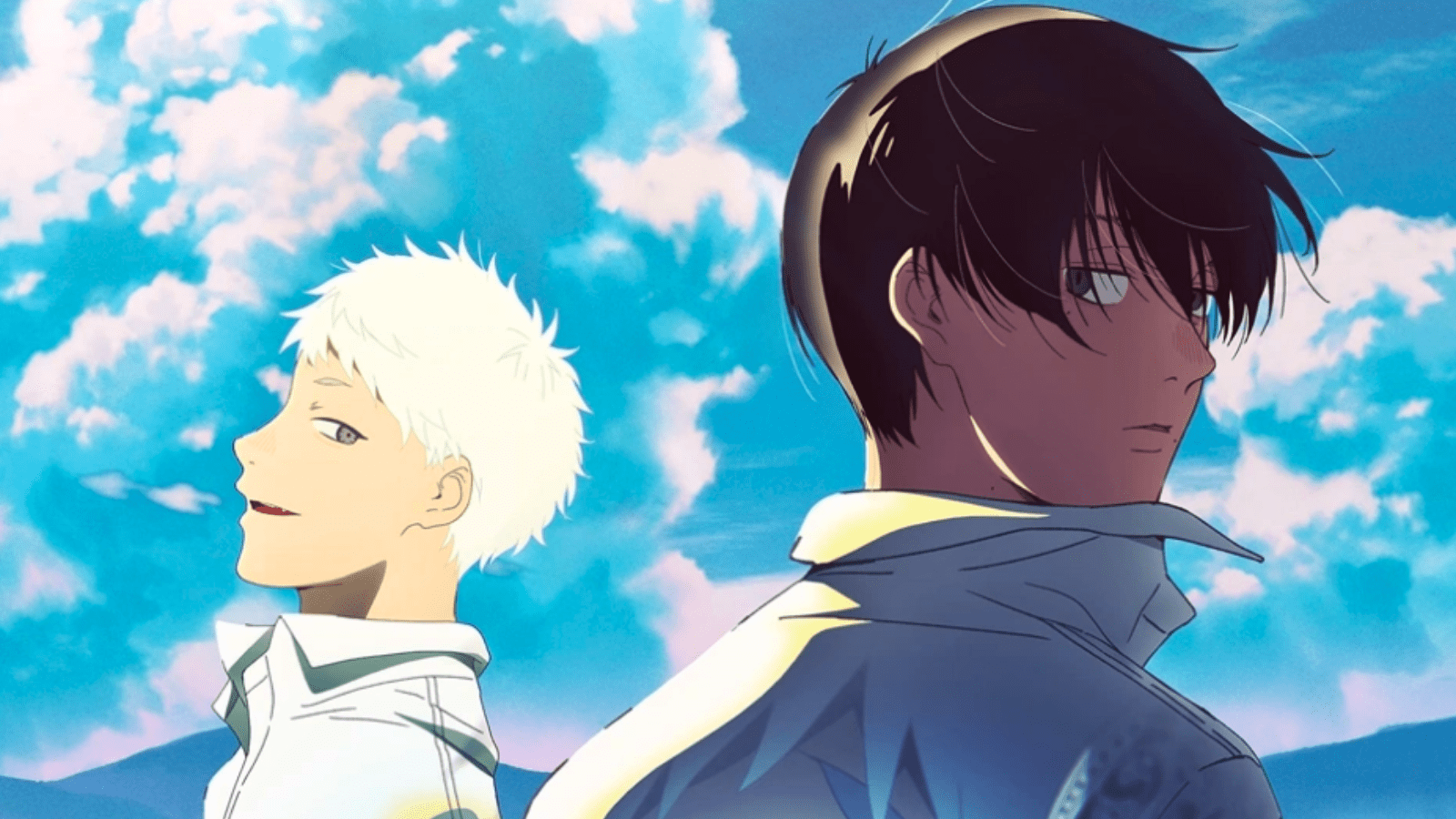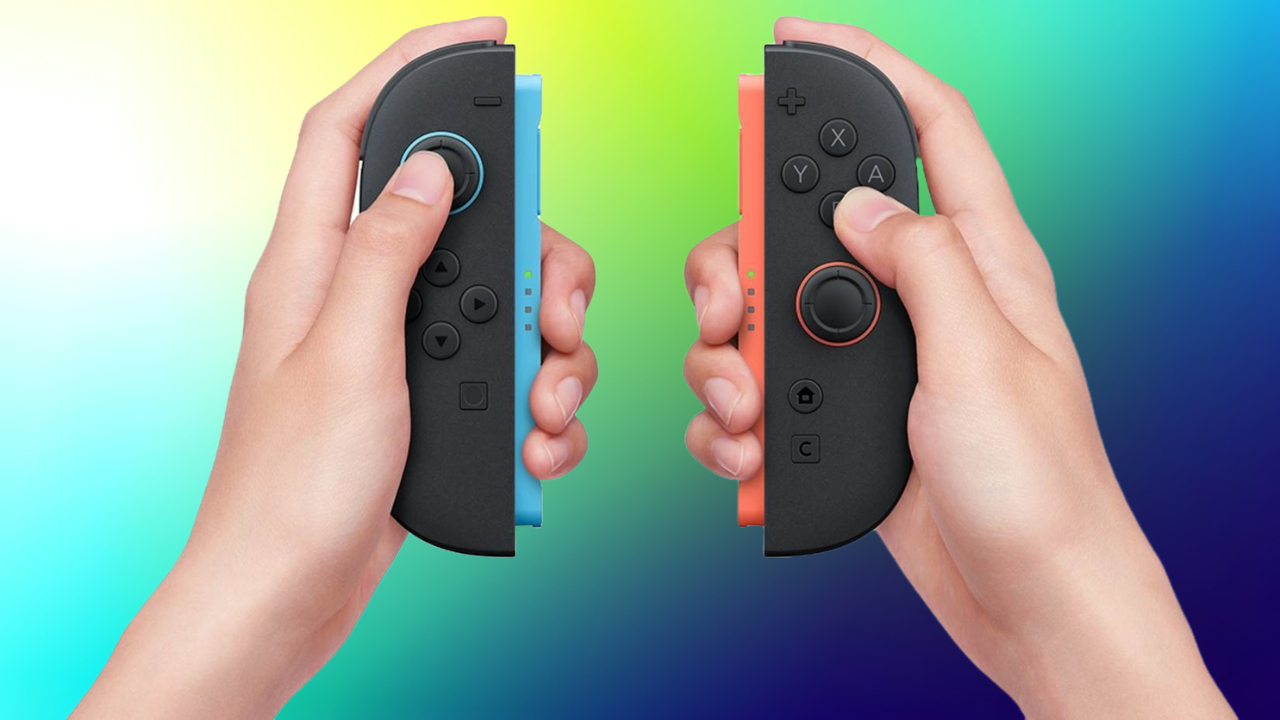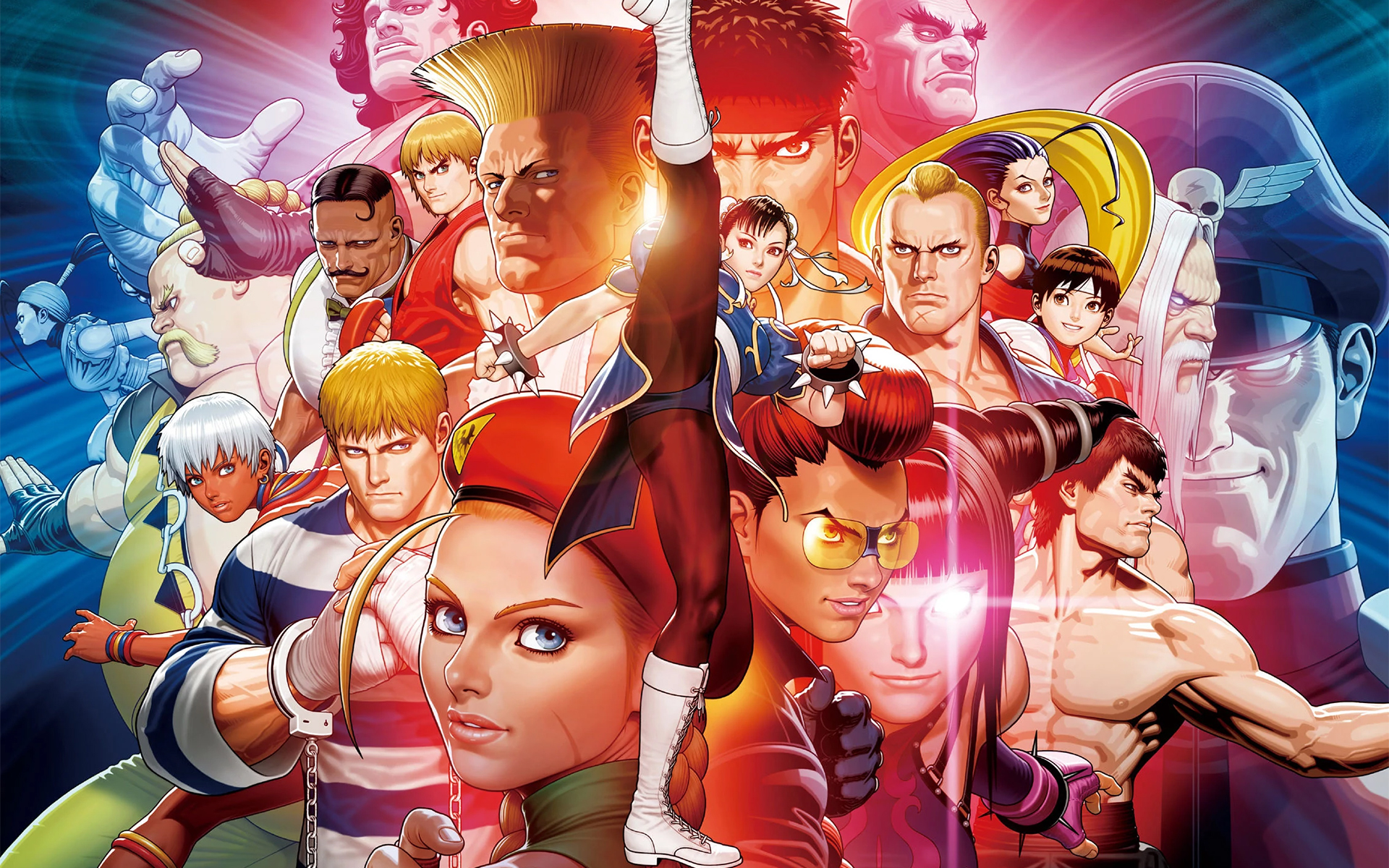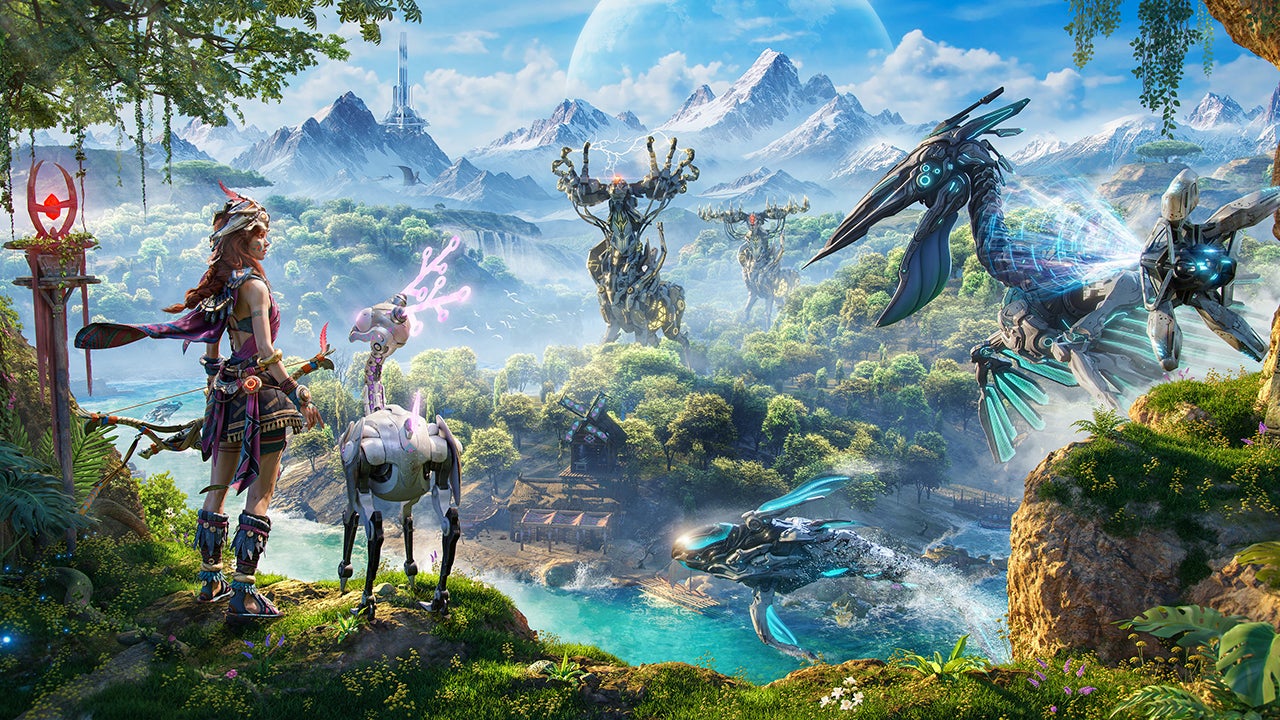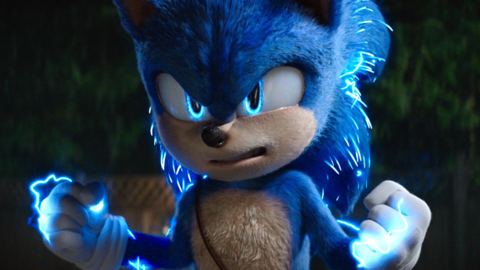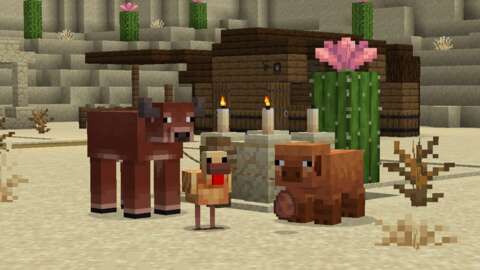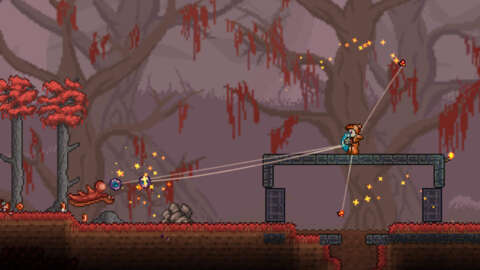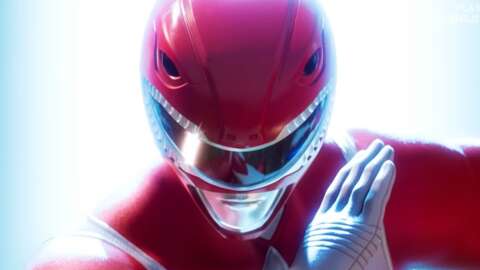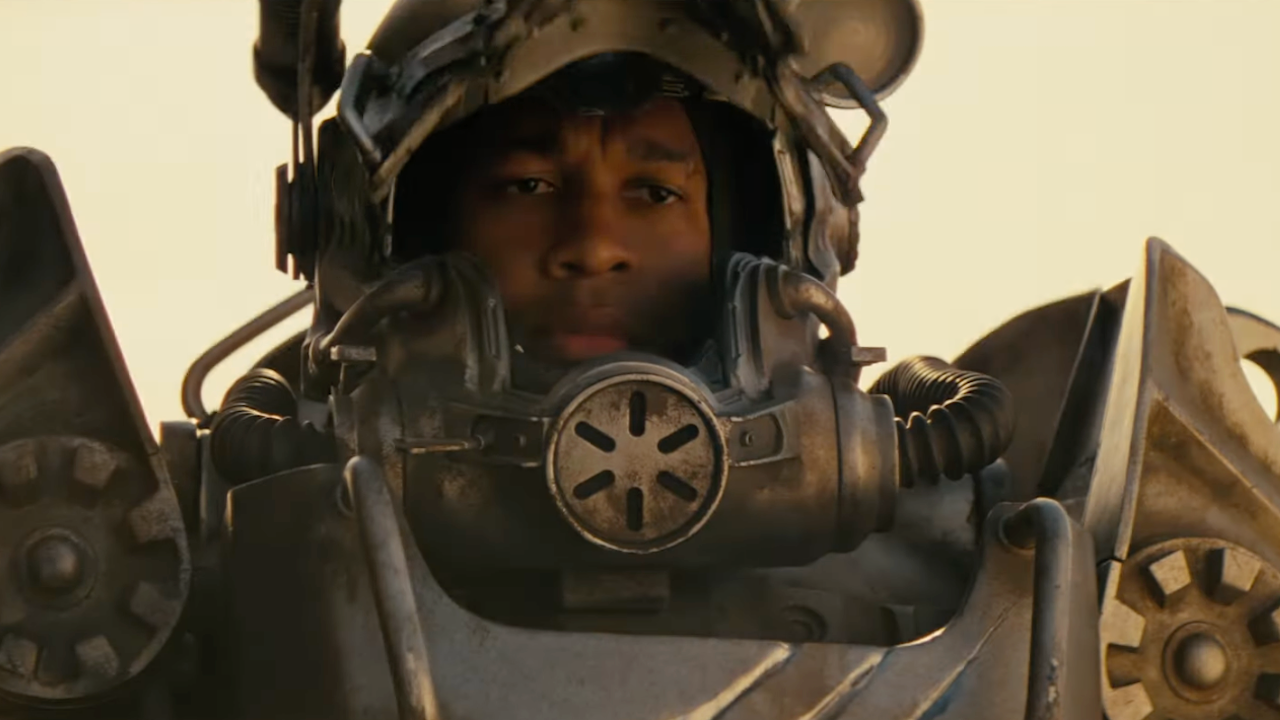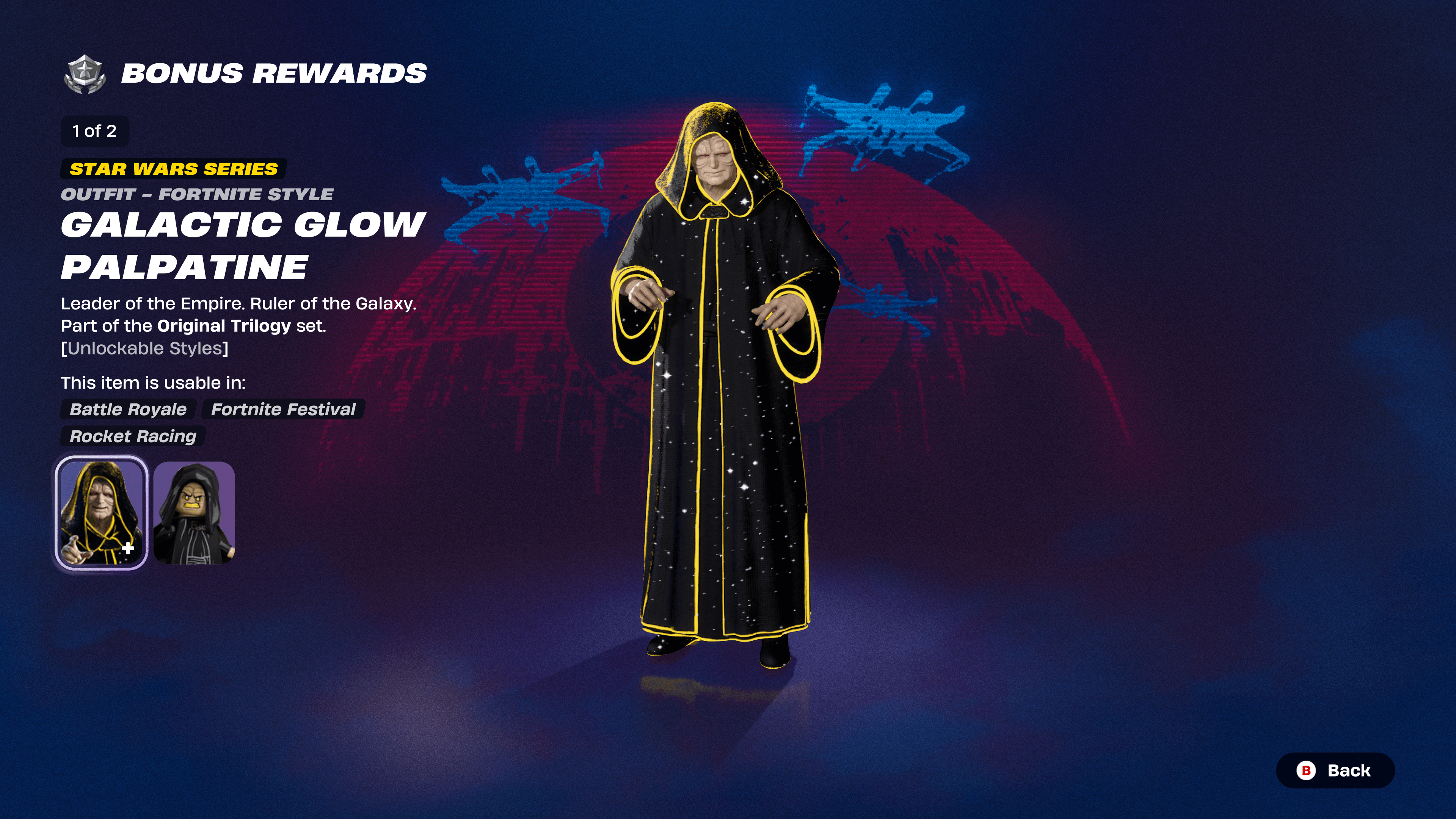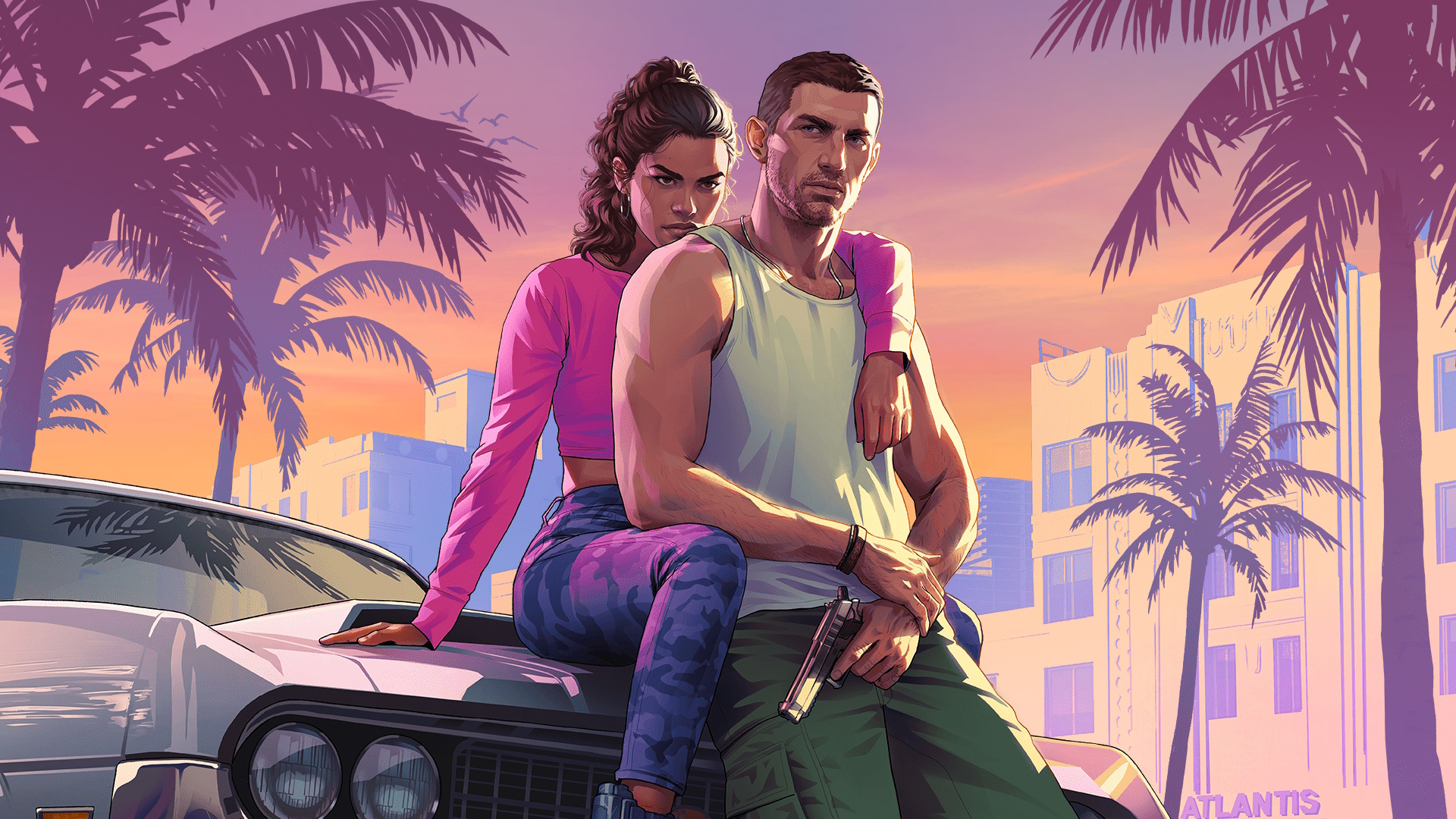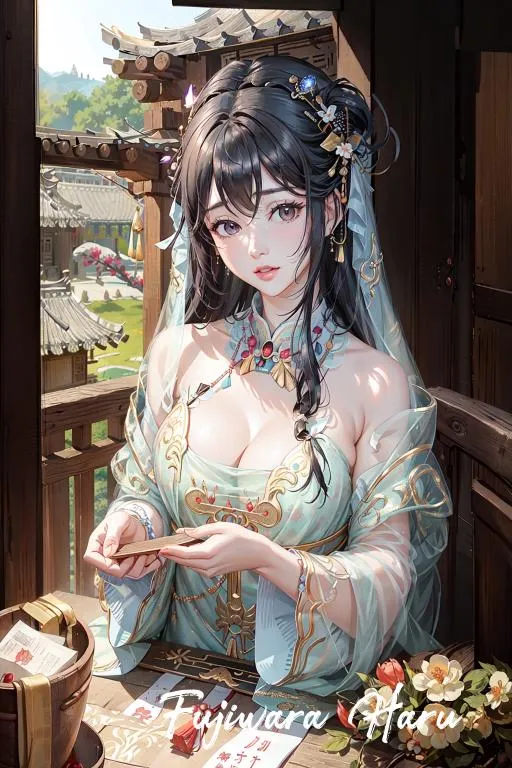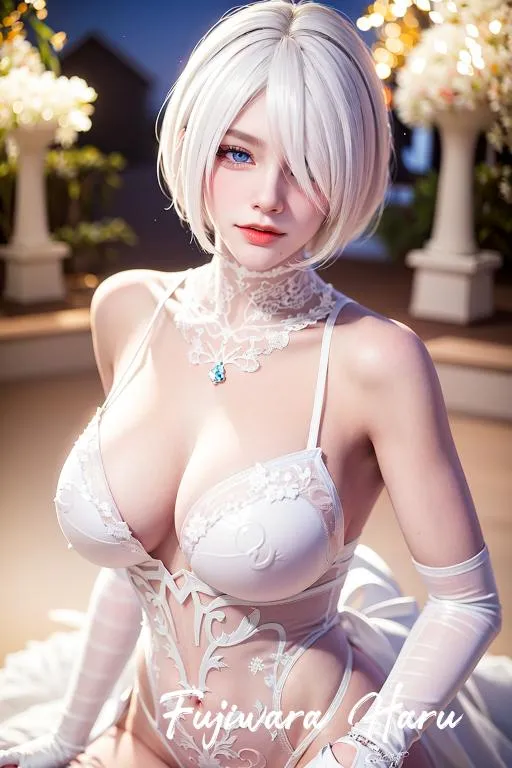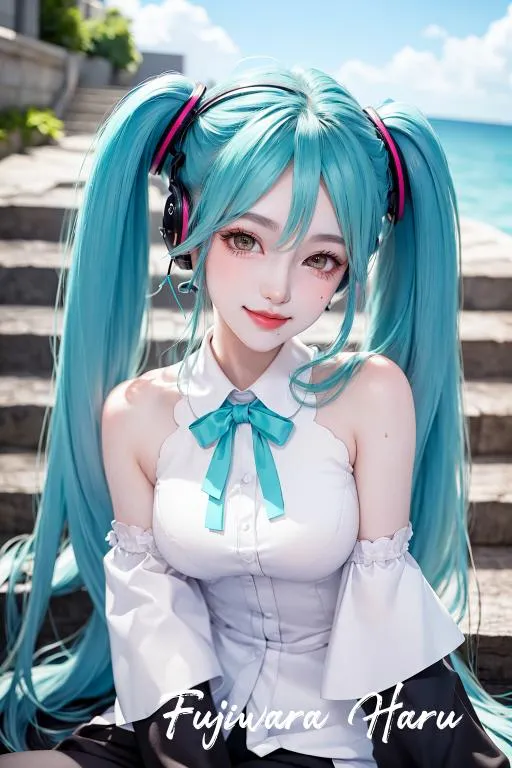
With shows like Dandadan returning and Gachiakuta being the hottest new shonen right now, there’s never been a better time to be an anime fan. The one anime this season that has its claws, hooks, and alien-like tendrils stuck in me is none other than CygamesPictures’ latest production: The Summer Hikaru Died.
[Ed. note: Spoilers ahead for episodes 1-4 of The Summer Hikaru Died.]
Adapted from Mokumokuren’s 2012 manga, The Summer Hikaru Died follows teenage boys Yoshiki Tsujinaka and Hikaru Indo. One winter evening, Hikaru is lost in the town’s mountains, where he is fatally wounded. Only his death isn’t that simple. Hikaru ends up being consumed by an eldritch entity, which gains control of his body and physically becomes one with it. It gains his memories, but is still very much its own creature at the same time. When Yoshiki does eventually find Hikaru, Hikaru’s body is already cold. Yoshiki, assuming his best friend is dead, stumbles back home in a traumatized stupor.

The next day, Hikaru is found alive. He speaks like Hikaru. He knows the things Hikaru would know. But then the local weird woman, Matsuura, ends up dead, having choked on her own fist, and strange creatures appear in the forest. Knowing his best friend isn’t who he seems to be, Yoshiki faces a choice that will have a heavy impact on their rural Japanese town. Does he expose Hikaru to the town’s inhabitants so they can drive the entity out and return to normal? Or can he comfort himself by embracing the delusion that he has his best friend back?
As a horror girlie through and through, I’ve always had a fondness for the trope of “someone comes back after time away, but they’re all wrong.” It’s an utterly terrifying concept because it feels rooted in real-life fears. Someone you know doesn’t need to have died to come back days, weeks, months, or years later, only for you to realize they aren’t the person they used to be. And they don’t need to have a spiritual entity thrust inside their body and puppeting it around, either. Your connection has undergone a complete transformation, whether you wanted it to or not. It’s heartbreaking. It’s horrifying. How are you left to deal with it? How can you pick up the pieces?
That concept fuels the horror and anxieties of The Summer Hikaru Died. And it wouldn’t work without Yoshiki’s feelings for Hikaru, and the pressure they feel coming from the story’s rural setting.
In their small town, Kibogayama, everyone knows everyone’s business. Yoshiki has always felt like an outsider. His family has troubles, with constant arguments that often spill out from the family home and into the ears of everyone who lives nearby. It’s implied that Yoshiki is gay and that he’s struggling with this identity, as seen in a flashback during episode 4 of the anime, where a younger Yoshiki defends another villager to Hikaru, who has called him “diseased.”
“Yusuke ain’t diseased,” Yoshiki corrects. “He’s a homosexual.”
When Hikaru expresses surprise that there’s “one of them LGBT folks” in Kibogayama, Yoshiki immediately gets tense and tries to shrug off the conversation. Hikaru notices and lightens the mood by pinching Yoshiki’s cheeks with literal crabs. The two share a smile, and the flashback ends.
It isn’t the first time that The Summer Hikaru Died sets out to establish the queer themes that run throughout the story, but so far, it’s the most explicit. While creator Mokumokuren has stressed that this isn’t a romance, but a “coming-of-age horror,” they have also been clear in saying The Summer Hikaru Died doesn’t need to be romantic to be queer.
“Whatever the genre tag, and even if this story isn’t a romance, as the author, I guarantee that it is a queer story.” Mokmuokuren said via Bluesky.
While Yoshiki’s relationship with Hikaru (both the real one and the eldritch entity controlling him) isn’t explicitly romantic, their emotions form the heart of the anime. The love Yoshiki feels for Hikaru and his desire that they not be parted is ultimately what keeps the town on a knife-edge. It isn’t inherently a one-sided love, either. In episode 2, fake Hikaru wants to earn Yoshiki’s affection, so in the most horrifically homoerotic scene I’ve seen in an anime, Hikaru allows Yoshiki to “explore his inside” (sorry, there is no better way to put it.) Yoshiki sticks a hand in Hikaru’s chest and wiggles it around. Hikaru gets pleasure from this, and it’s only when that becomes apparent that Yoshiki freaks out and stops.
Penetration metaphors aside, there’s also the moment when Yoshiki breaks down and tries to reject the fake Hikaru in episode 3. The entity loses its mind, and in a burst of feeling it can’t control, tries to consume Yoshiki, then stops at the last second, once it realizes what it’s done. The fake Hikaru locks himself up in his room to keep from hurting Yoshiki, and only returns to school when Yoshiki comes looking for him.
The creature’s “love” for Yoshiki isn’t the same innocent, yearning love that Yoshiki has for Hikaru. It can’t be. The eldritch entity, while certainly capable of feeling emotions, remains unable to comprehend their intricacies. It doesn’t understand that you can both love and hate something, or why humans often love animals as much as we love one another. When Yoshiki breaks down again during the festival in episode 4 because he misses the real Hikaru, the fake Hikaru reassures Yoshiki that while he knows he’ll never be able to replace Hikaru, he’ll do anything in his power to keep Yoshiki safe. It’s a possessive, domineering form of affection, but to Yoshiki, it’s an affirmation of feelings — a confirmation that what he feels for his friend isn’t wrong — and it’s too irresistible to ignore.

As a queer woman who also grew up in a small town, I recognize the draw of what Yoshiki is going through: Validation of your queerness can be a lifeline. While Yoshiki doesn’t face ostracization for being gay (because he hides it), denying the obvious allegory of The Summer Hikaru Died, about growing up in a conservative town while being queer, would be denying the anime’s entire premise. Yoshiki gets warned about “mixing” with the wrong crowd. His friends tease him, saying Hikaru’s been clingy with him. Yoshiki tenses up at any signs of other people’s homophobia. This is predominantly a compelling psychological horror story, with plenty of body horror and emotional trauma, but the queer thread that runs throughout the anime only adds to the horror.
What do you do when the one person who intimately understands you and loves you is also infecting the only world you’ve ever known with supernatural torment, leaving death in its wake? Can either of you survive the separation and go back to normal, and would you even want to? The Summer Hikaru Died seeks to answer those questions, and I, for one, am loving every moment of it.
The Summer Hikaru Died is currently streaming its first season on Netflix. The season will conclude on Sept. 20.
Source:https://www.polygon.com/anime/617467/the-summer-hikaru-died-queer-themes